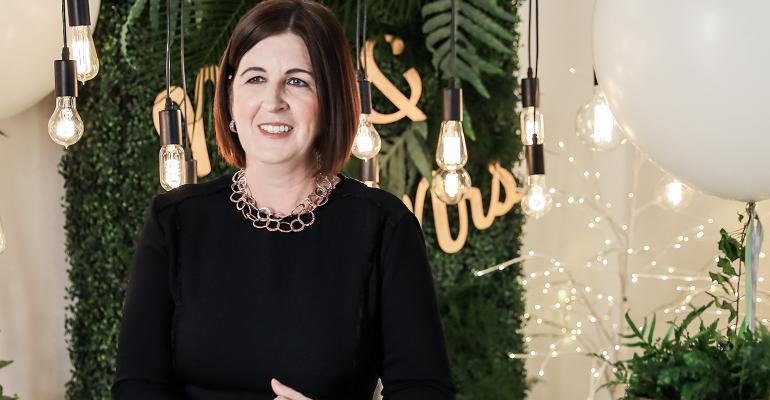Many years ago, a wise man told me that the best salespeople were those who listened. At first it didn’t make sense to me. Didn’t all salespeople simply talk? Often non-stop?
If you don’t consider yourself a salesperson, I’m here to assure you that you very much are. When you receive an inquiry, your goal is to turn it into a paying client—aka, convert that inquiry to a sale.
Although it may look different for each product or service, anyone in business is in sales. We are all salespeople.
Conducting a successful initial consultation hinges on your ability to read your prospect and adjust your pitch accordingly. The key is perfecting the “Art of Listening.”
Be Smart About the Consultation
Too many event pros run their consultations all wrong. They fight to dominate the airspace, attempting to tell prospective clients their whole life stories, failing to realize the fundamental truth: The prospect doesn’t care.
A potential client cares about the wedding she is planning, or the corporate retreat that needs to happen by the end of the year. The budget, the menu, the entertainment--these are the concerns keeping prospects up at night. Understanding which ones are most stressful or important can make or break your consultation.
Remember the 70/30 Rule
The real mistake is in thinking of a consultation like an interview for a job. You expect the potential client to ask you questions about yourself and your skills, and you expect to answer and have your answers judged. However, it’s not a job interview. It’s a consultation, and to handle it well, you need to apply what I call the “70/30 Rule.”
The “70/30 Rule” says that you should listen for a full 70 percent of the time during consultations, and talk only 30 percent of the time. As you begin to actively work at listening more, you might notice that some clients don’t like to talk. They may be shy or not have any idea what they want. This is where you have to know what kinds of questions to ask.
The Power of Open-Ended Questions
Open-ended questions yield the most valuable information. If you are consulting with a potential wedding client, for example, try questions such as:
• Tell me about yourself.
• How did you two meet?
• Tell me about the proposal.
• What do you both enjoy doing?
• Where do you like to go on holiday?
• If you could shop anywhere, where would it be?
These questions are great icebreakers and should help your nervous prospects to relax.
Remember the Listening Rules
The art of listening develops with practice, but there are some rules to help get you started:
- Try to avoid asking “why?” as it puts people on the defensive.
- Learn to listen actively. Indicate you are attentive and understand what you are being told.
- Practice makes perfect, so practice on your friends and family until it becomes natural.
Acting as your company’s sales force is hard, but done well, it is the key to ultimate business success. Try out some of these suggestions today and see what a difference what truly listening can make!
Kylie Carlson is the CEO of the International Academy of Wedding and Event Planning. With six locations globally, the academy boasts an internationally recognized accreditation program that brings professional training to wedding planners, designers and stylists.





